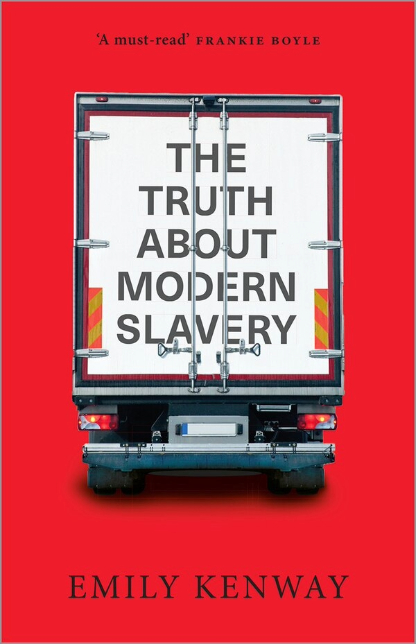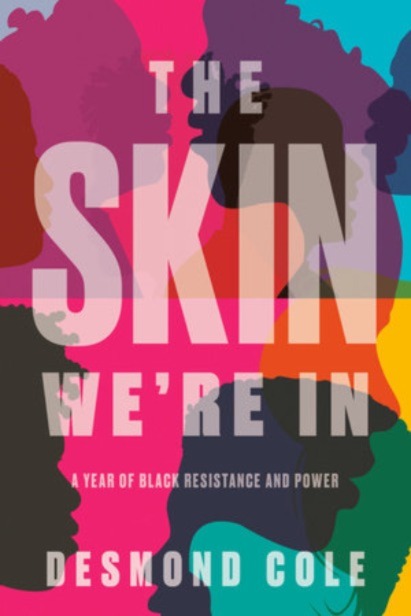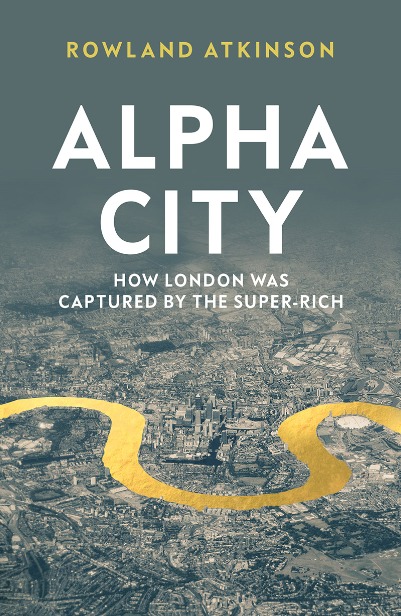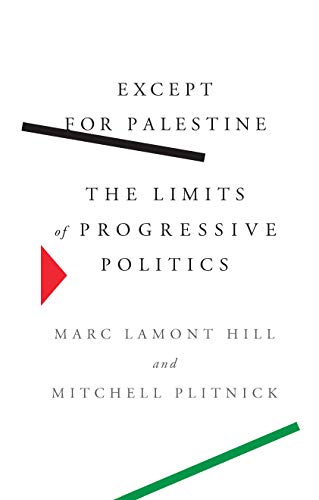Rebel Cities: From the Right to the City to the Urban Revolution, David Harvey, Verso Books, 2013, pp. 187, ISBN 978-1-78168-074-2
Understanding the urban process under capitalism has long been the object of David Harvey’s study, which he, as a geographer who has taught courses on Marx’s Capital for decades, seems uniquely positioned to analyze. Indeed, starting from Henri Lefebvre’s premise that the city has been killed by rampant capitalist development, Harvey seeks to analyze the need for capitalism to continually find outlays for its inherent tendency to overaccumulate. The consequences of such a need can be found in the perpetually increasing urban sprawls, the destruction of the environment and the immiseration of the vast majority of the population.
For Marx, accumulation represents the essence of capital, and it manifests itself differently in different historical epochs. Under capitalism, accumulation rests on the creation of surplus-value, resulting from the working class producing a net product that is sold for more than they receive in wages. Accumulation is at once a capitalization on the part of capitalists of the surplus value created and a relationship between the two classes. For this process to continue taking place, in its functioning capital must create necessary conditions for its reproduction. Surplus value obtained must, therefore, be re-invested to continue the process of accumulation. At a certain point, there simply won’t be any productive outlay for the re-investment of surplus-value, leading to overaccumulation. At this point, various financial schemes are created within the sphere of fictitious capital as one of the ways to syphon off value.
For Harvey, capitalist urbanization rests on twin pillars of capital accumulation and class struggle. Urbanization allows for the creation of an additional outlay for investing surplus value in the “built environment,” a general phrase Harvey uses to indicate its composite nature. Historically, urbanization was used to delay the crisis of capitalism, as was evident in Haussman’s building of Paris or Robert Moses’ destruction of New York.
However, given the scale of these urbanization processes, the developers usually require the assistance of financial institutions and “fictitious capital.” Fictitious capital represents claims on future wealth, rooted in the belief that capital can self-valorize and be realized in the market. This naturally leads to the rise of speculation and debt-financed construction and consumption. From this, it easy to see how uneven geographic development arises and with it the potential for serious crises affecting a lot of people, as was the case in the US in 2008. Using predatory practices, financial institutions were able to dupe the poor into taking out unsustainable loans on market interest rates and then spread the risk of defaulting on them through collateralized debt obligations, which in turn led to financial institutions issuing even more loans. With the increase in loans came the increase in property prices leading to a situation where more money was made on speculating rather than building. Not having a basis in real production, the bubble was bound to burst – and so it did.
For Harvey, it is important to note the class character of these practices. Urbanization at once becomes structured by class, and a site of political, social and class struggles, and in the words of Warren Buffett “it is the rich class that is making the war, and we’re winning.” The right to the city then becomes a “claim to some kind of shaping power over the process of urbanization, over the ways in which our cities are made and remade.” The right to the city is a cry for the fundamental transformation of capitalism by ways of an urban revolution. In Rebel Cities, Harvey seeks to extend Marxist class theory beyond the site of production that is the factory, onto the urban plain and recognize the urban dweller as a proletariat as well. He notes that the Paris Commune was not formed merely by factory workers, but included everyone who collectively produced the city. The city can, therefore, lay claim on the totality of an individual’s experience.
The right to the city is rooted in the transformation of socio-economic relationships, rather than on laying claim on a particular asset of the city. Harvey outlines the need for the social practice of “commoning,” behind which “lies the principle that the relation between the social group and that aspect of the environment being treated as a common shall be both collective and non-commodified-off-limits to the logic of market exchange and market valuations.” In criticizing the assumptions behind the much-lauded theories of Garett Hardin, he shows that it is, in fact, the idea of private property and individual utility maximization that leads to losses of soil fertility. Had the cattle been held in commons, Hardin’s metaphor would not work.
However, alternatives to Hardin’s theory can be susceptible to utopianism. For example, Ostrom’s Governing the Commons suffers from confining itself to a small scale (the largest example involving 15 thousand people), while Bookchin’s “confederalism”, despite its sophistication, presents the problems of coordination and ensuring that the development is mutually beneficial rather than exploitative. Harvey finds that the Left has suffered from two main organizational problems, Leninist party organization and fear of hierarchy, but he focuses on the latter while dismissing the former as a remnant of retrograde factionalism. The Left has eschewed the talk of hierarchical organizing due to its implicit power relations and as Harvey states has often focused on the interpersonal, rather than the potential impact of its actions. If the Left is to succeed, it must be urban and organized hierarchically to be able to affect large scale change.
Harvey’s book extends Marx’s theory and does not shy away to complement his analysis and bring it up to date. Global processes of urbanization backed up by globalized finance with their pauperizing effects on the society and the environment will only lead to our reckoning with the question of barbarism or socialism sooner, rather than later.




